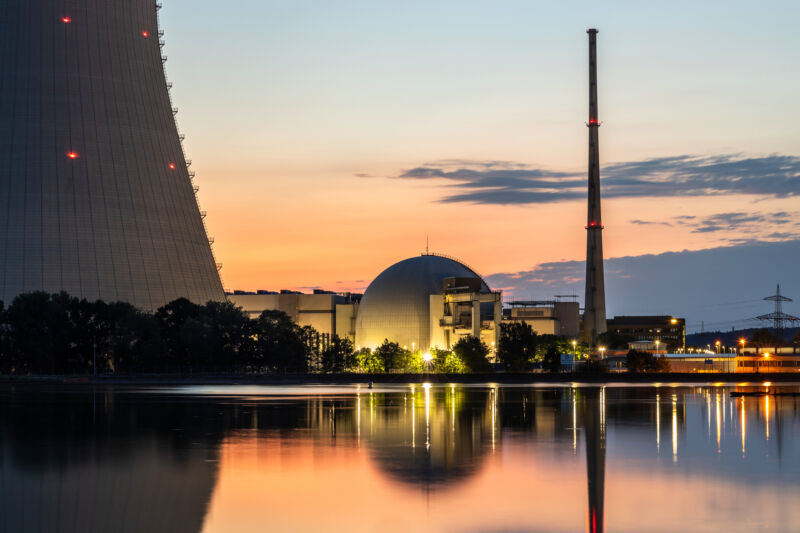In 2011, in the wake of the Fukushima disaster, Germany decided to shut down all of its nuclear power. The process was supposed to have ended last year, but it has been extended in response to energy uncertainties caused by the war in Ukraine. As a result, even though renewable generation in Germany continues to climb, the country's carbon emissions have only trended down slowly.
While there's no indication that the US will follow Germany down this path—the Biden administration is actively subsidizing nuclear plants to keep them open—the economics of nuclear power have led to a number of plant shutdowns. It's currently the second-most expensive major source of power, just ahead of offshore wind, with the costs of wind continuing to drop. So there's a significant chance that nuclear's contribution to the US grid will shrink.
A new analysis shows that a drop in nuclear power on the current US grid will mean enough additional pollution to cause over 5,000 deaths each year, and the burden of those deaths will fall disproportionately on Black Americans. But on a future grid where renewables are present at sufficient levels to offset the loss of nuclear, almost all of these additional deaths can be avoided.
No nukes?
The new work sought to project what would happen if the US shut down all its nuclear plants and replaced their power with a number of different options. The first involved simply using existing generating sources that are primarily used during periods of unusually high demand—these are primarily fossil fuel plants. In additional scenarios, nuclear and coal plants are shut down simultaneously, or the expected additions of renewable power sources replace some of the lost nuclear generation.
These scenarios are clearly unrealistic. The grid is always in flux, with plants being retired and new generating capacity being brought online each year, but it doesn't do sudden, all-or-nothing transitions like this. However, the simplicity of the changes helps the researchers track the changes in pollution as fossil fuel use rises to compensate for the loss of nuclear. That in turn lets them track the impacts of that pollution: changes in particulate and ozone pollution and the health impacts that come with them. And because we know where existing generating facilities are, researchers can track who is going to be affected by the changes in pollution.
Getting rid of nuclear means activating many of the older, less-used plants, and that mostly means coal. Even with these changes, the US doesn't currently have enough spare generating capacity to cover all its needs. The biggest problems occur in Texas, where the grid already struggles under the strain of extreme weather. The researchers found that without nuclear power, the Lone Star State will struggle to meet the demand during normal summer heat. So shutting down nuclear power would require the construction of additional generating resources.
Obviously, shutting down both nuclear and coal would require even more construction. More than half of the US would struggle to meet current demand without new construction in this scenario.



3175x175(CURRENT).thumb.jpg.b05acc060982b36f5891ba728e6d953c.jpg)
Recommended Comments
There are no comments to display.
Join the conversation
You can post now and register later. If you have an account, sign in now to post with your account.
Note: Your post will require moderator approval before it will be visible.